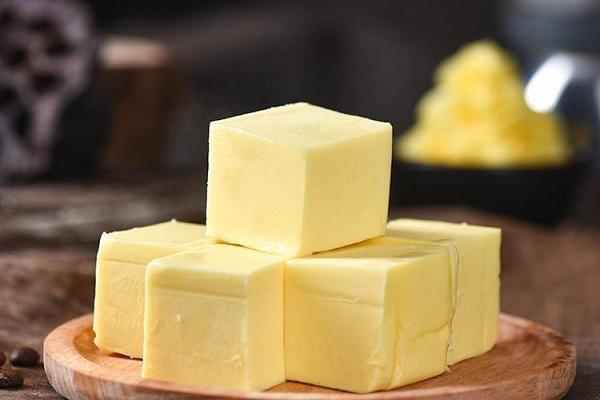
 CONTACT
CONTACT
- Linkman:Linda Yao
- Tel: +8618231198596
- Email:linda.yao@dcpharma.cn
- Linkman:CHARLES.WANG
- Department:Overseas
- Tel: 0086 0311-85537378 0086 0311-85539701
High Quality 99% Nisin
TIME:2024-06-28
The usage limits for food-grade nisin powder primarily depend on the type of food and the relevant food safety standards. Based on the information provided in the reference articles, here is a detailed explanation of the restriction levels for nisin powder in various foods:
Pre-cooked Meat Products, Cooked Meat Products, Milk and Dairy Products, Cooked Aquatic Products:
The usage of nisin in these foods should not exceed 0.5g/kg.
Convenient Wet Noodle Products, Rice and Flour Sausage Products, Mixed Grain Sausage Products, Egg Products:
The usage of nisin in these foods should not exceed 0.25g/kg.
Canned Fungi and Algae, Eight-Treasure Porridge Cans, Soy Sauce, Sauce and Sauce Products, Compound Seasonings, Beverages:
The usage of nisin in these foods should not exceed 0.2g/kg.
Vinegar:
The usage of nisin in vinegar should not exceed 0.15g/kg.
Other Standards or Guidelines:
For Canned Foods and Plant Protein Beverages, the usage of nisin is 0.2g/kg.
For Cheese and Cheese Preparations, according to FAO/WHO 1984 standards, the usage of nisin is 12.5mg/kg.
For Pasteurized Cheese Spreads Containing Fruits, Vegetables, or Meats, the usage of nisin should comply with the relevant regulations as specified by FDA §184.1(b)(1).
Summary:
The usage limits of nisin powder in foods are mainly determined by the type of food and food safety standards. To ensure food safety and compliance with relevant regulations, food manufacturers should strictly adhere to these usage limits and implement rigorous monitoring and management during the production process. Meanwhile, consumers should also pay attention to whether nisin is added to the food they purchase and consume, and ensure that the amount added complies with standards to ensure food safety and health.
- Tel:+8618231198596
- Whatsapp:18231198596
- Chat With Skype







